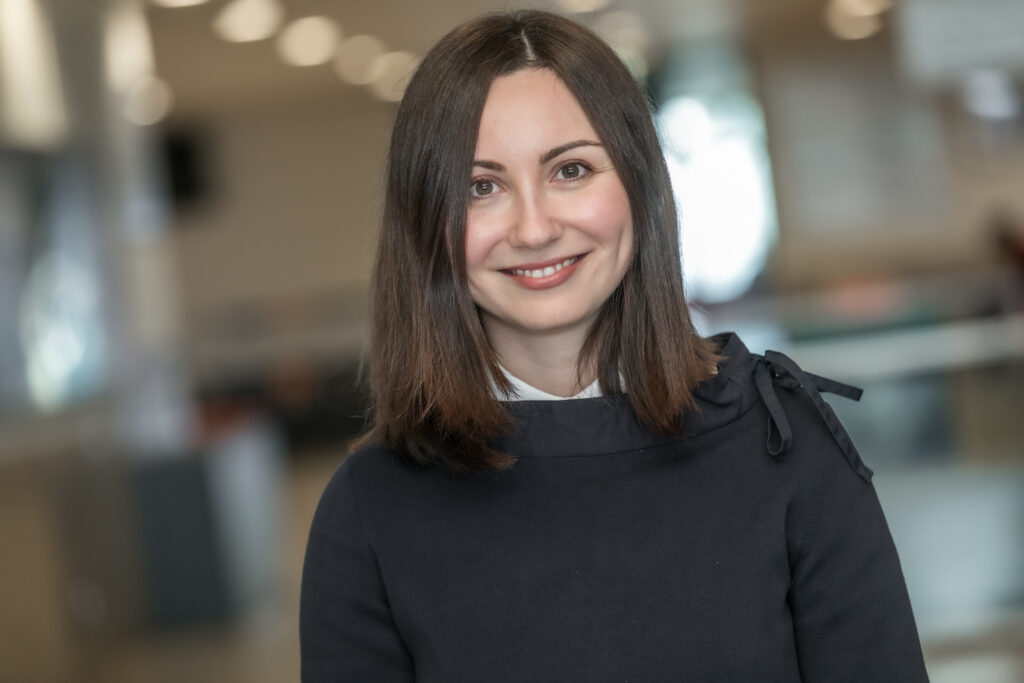Chrysoula Papacharalampou, PhD, is passionate about water research which engulfs societal actors and contributes to solving today’s challenges. She has an interdisciplinary background and a twofold career path in Higher Education: in research and in research administration.
Chrysoula’s research focuses on integrated sustainability impact assessment and socio-hydrology, with emphasis on the development of methods for conceptualizing complex systems (e.g. catchments, value chains, and organizations). In her role as Executive Director of the Erasmus Research Institute of Management, Erasmus University Rotterdam, Chrysoula initiates and leads organizational change in the areas of research policy and assessment, quality assurance, open and responsible science, and inclusion, diversity, equity and accessibility (IDEA).
On Social Impact
“In my role as Social Impact Advisor at H2O-People – and through my involvement in EU-funded research projects – I am eager to contribute to sustainable societal change through robust research, co-creation with and outreach in society.
Educating the younger generations of water professionals and providing them with the tools to navigate and lead change – as advocated and implemented in practice by the EJWP – is a pathway towards longstanding societal impact.
In my view, social impact of water research means the ways in which the research process and outputs affect society in tangible ways. While ranges of people affected and the impact on society differ tremendously through different project themes and focus, the core concept remains the same: it is about what and how the research contributes toward a change: in perceptions, in awareness, in policy-making, in strategy, in design, and more.
It is often argued that this change can only be realized over a longer period of time – usually exceeding the course of a single research project or process. This is why it is essential to create robust approaches for tracing both the short- and long-term impacts of water projects and research.”
Chrysoula holds a BSc in Geology and a MSc with Distinction in catchment management and the EU Water Framework Directive from Aristotle University of Thessaloniki in Greece, and a PhD in water and asset management from the University of Bath in the United Kingdom.

